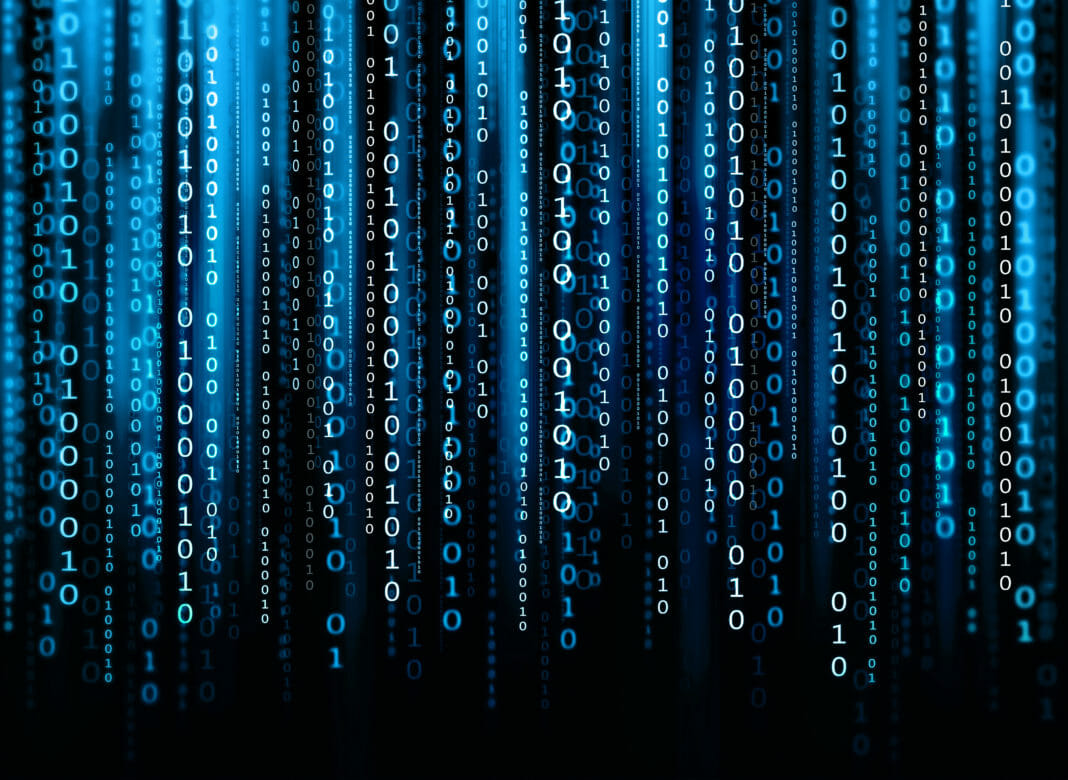To date, it is known that 15 stores in that country accept virtual currencies as a form of payment for their products and services
Recently, it was known that a recycling project was activated in Uruguay. The plan seeks to reward people with virtual currency. According to the information, the project called Plasticoin will manage a whole system for the exchange of plastic for a virtual currency that will have the same name as the project. In this way, collection centers will be created where people will deliver recycled plastic and then they will be rewarded instantly.
The project will be available, so far, only in the town of Piriápolis. People residing in the sector will be able to assist with the recycled plastic at the different collection centers and exchange the recycled material for “Plasticoins”. This virtual currency can be used in the different shops that are affiliated with the project.
According to the central data of the project, the initiative is supported by the national government through the National Development Agency of Uruguay (ANDE).
The system will classify the plastic that will be received in the different collection centers, thus dividing the received plastic materials into three categories, as well as their reward.
In this way, the first category corresponds to the plastic that is commonly found in homes, giving a reward of 100 Plasticoins per kilogram received. The second one will be for waste found on the beaches, thus rewarding 200 Plasticoins per Kilo. The third category will be dedicated to microplastics that can be collected in spas, this being the best paid with a total of 400 plasticoins per kilogram recycled.
According to the project’s website, more than 15 stores have added virtual currencies as a form of payment for their products and services; including, competitions and special prices for the use of virtual currencies. Until now, barbers, food stores and a yoga school are affiliated.
Virtual Currency with Digital Backup
The project website noted that the reward is a virtual currency that contains a digital backup so it should not be considered as a cryptocurrency. In this way, Plasticoin would be a centralized currency that is not supported under any blockchain platform.
Although certain blockchain tools and solutions are necessary for the issuance of the currency and to specify the operations, indicated on the Plasticoin website itself, project representatives clarified to a news site that the initiative is intended for the use of blockchain as help to make the movements. However, currently, they do not have this system in the project, so it is a currency with support.
It is not the first time that such initiatives have been carried out that seek to reward people for actions that help preserve the environment.
In Argentina, two places that use a blockchain tool that offers cryptocurrencies to those who use their platform to combat climate change. Although these initiatives do use cryptocurrencies, they are part of the same central idea of reward for a digital good.
By María Rodríguez











